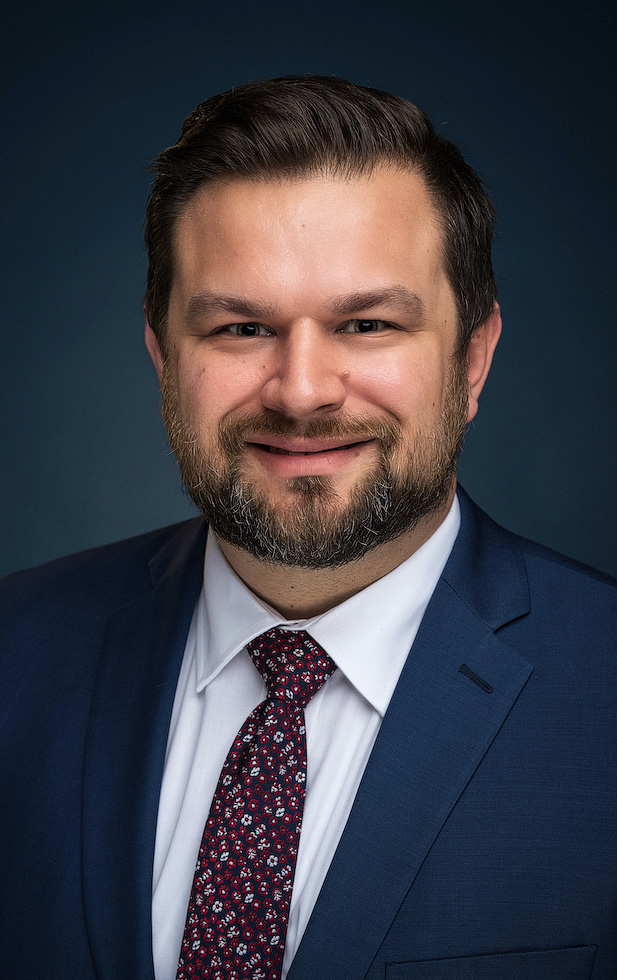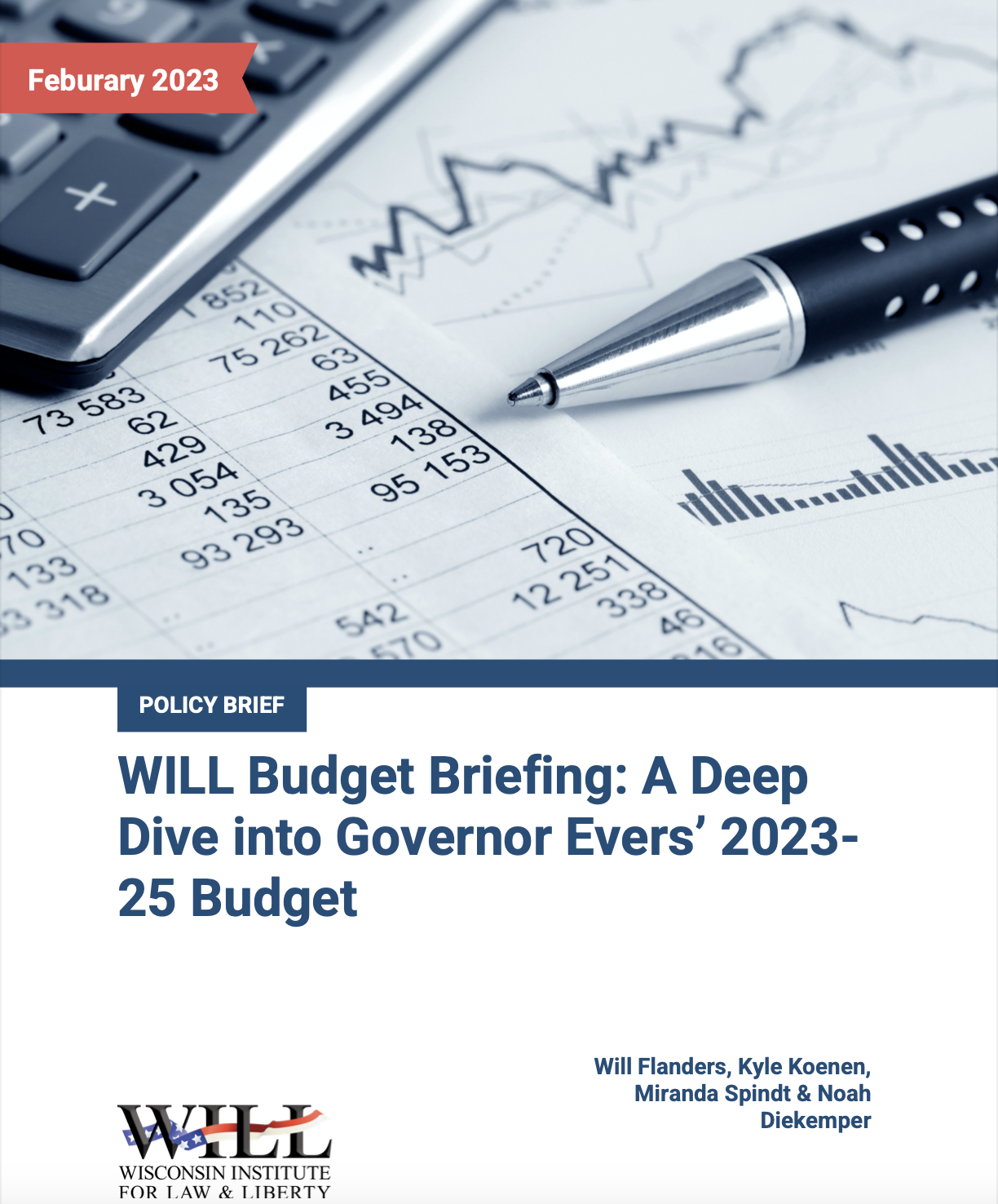Executive Summary: Recently, Governor Evers released his proposed budget for the 2023-25 cycle. As we have done for the governor’s previous two budgets, this document serves to highlight some of the key provisions in the proposal, and shines a light on the areas where legislators and Wisconsinites need to pay attention. In general, the governor’s proposal represents a leftward lurch in policy, replete with massive new spending and symbolic proposals that would check the box for various interest groups while doing real harm to Wisconsin families.
Key Takeaways:
- Massive Spending Growth: Governor Evers proposed budget increases spending by 18.5% compared to the previous budget. GPR spending would rise by 22.85% compared to the previous budget.
- Agency GPR Growth: Some agencies would see massive growth in GPR spending. For example, the Wisconsin Economic Development Corporation’s GPR allocation would grow by 3351%. The Department of Tourism would have a 1027% increase in GPR spending.
- Employment Growth: The budget would grow the number of full-time equivalent employees by 817.
- Taxes: Governor Evers budget represents a missed opportunity for transformational tax reform that would improve the state’s competitiveness. While Evers touts $1.2 billion in low and middle-income tax relief, the net effect of his income tax proposals would actually result in a net tax increase of $43 million.
- DEI: Governor Evers wants to spend more than $2.9 million of taxpayer dollars on 15 new executive-tier positions whose mandate is to use government activity to increase “equity.”
- Voucher Freeze: The governor proposes freezing enrollment in Wisconsin’s school choice programs at 2024 enrollment levels. This would shut the school house door on thousands of families in Wisconsin desperate for options stuck in schools that aren’t working for them.
- End Union Recertification Elections: Thousands of public-sector workers in Wisconsin have chosen to end their unions in the last decade. Governor Evers would rollback one of the key reforms of Act 10 and end the right of these workers to decide whether local unions are needed.
- Medicaid Expansion: Governor Evers proposes expanding Medicaid in the state because of the short-term financial gain. However, this would not make more people eligible for health insurance who do not already have it and would cost over $600 million to Wisconsin families in the long-run.
- Minimum Markup: The governor wants to exempt motor vehicle fuel from the Unfair Sales Act which would lower gas prices in the state. However, the artificial inflation of prices affects almost all goods under this law and this law should be repealed entirely.
- Work Requirements: Able-bodied adults are required to participate in the Food Share Employment and Training program to continue receiving Food Share benefits after the first three months. Governor Evers would repeal this requirement despite the economic and personal benefits they bring to the state and its participants.
- Housing: Governor Evers proposes to address Wisconsin’s lack of affordable housing not by advocating local-level reform and enabling market responsiveness, but by calling for state-level funds to be doled out to the municipal governments that are making housing expensive in the first place—all to the tune of $150,000,000 in grants.




